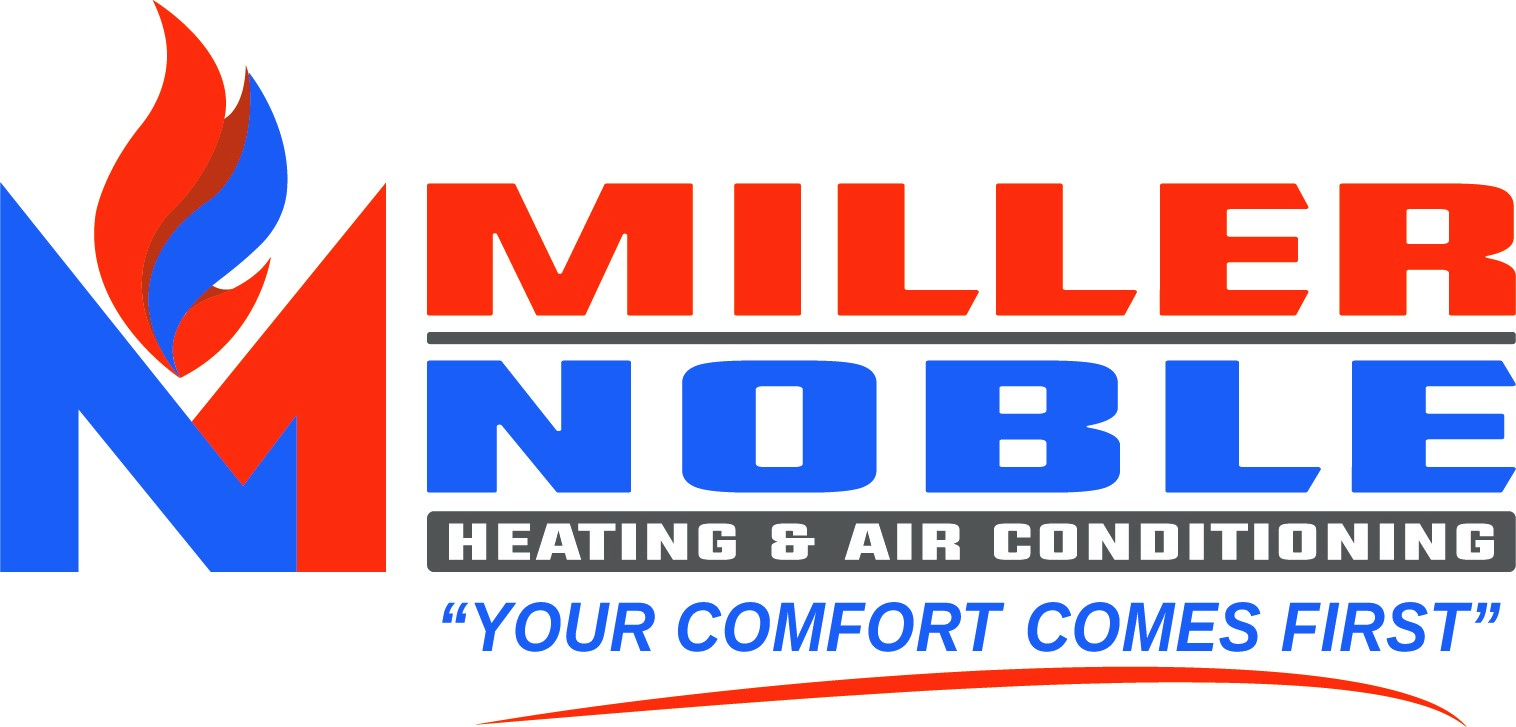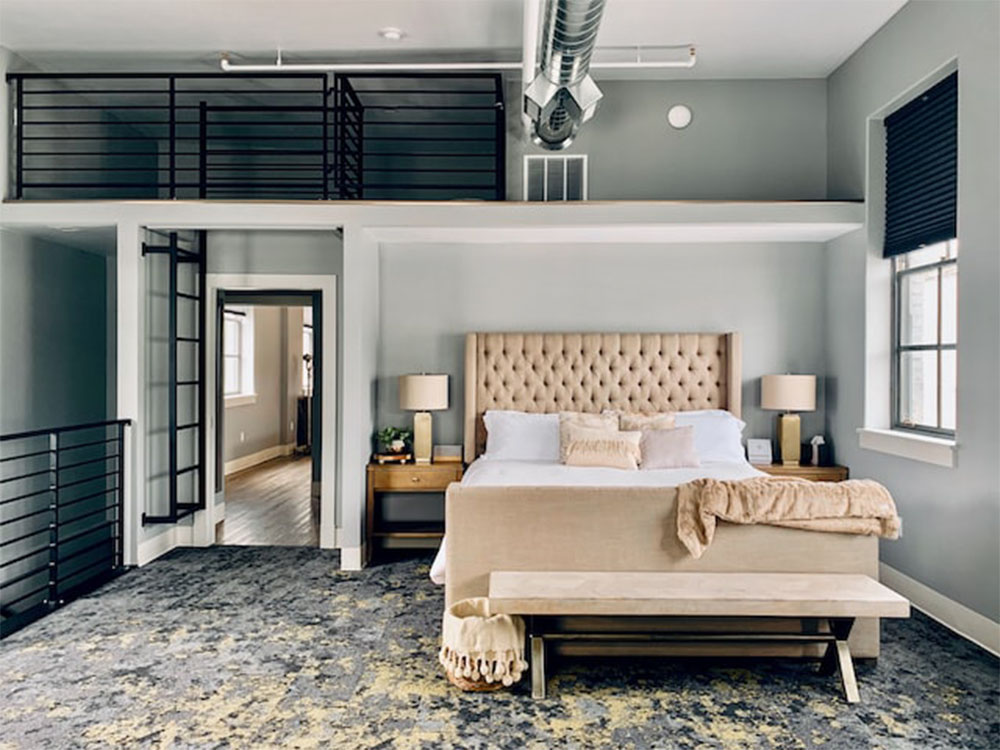

The air conditioning in your home is one of the primary systems that make your home livable across the year's four seasons. Without the modern AC’s ability to create an internal climate within your home, it would be hard to endure the heat of summer.
The AC uses an enormous amount of energy to do its work. Your home's air conditioning and heating systems account for up to 46% of your total energy use. But this energy usage is not always the direct result of how the AC works.
Air conditioning systems may use more energy than they are supposed to because of how they are used. As DraperRealty.net advises, how you maintain your AC plays a huge role in how well it uses energy. The surroundings of the AC also impact its energy use.
It costs much money to keep the air conditioning running. You don’t want to increase that cost by doing avoidable things that increase the operational cost of your AC. What can you do to improve the energy efficiency of your air conditioning?
How to improve your AC’s energy efficiency
1. Buying the correct AC
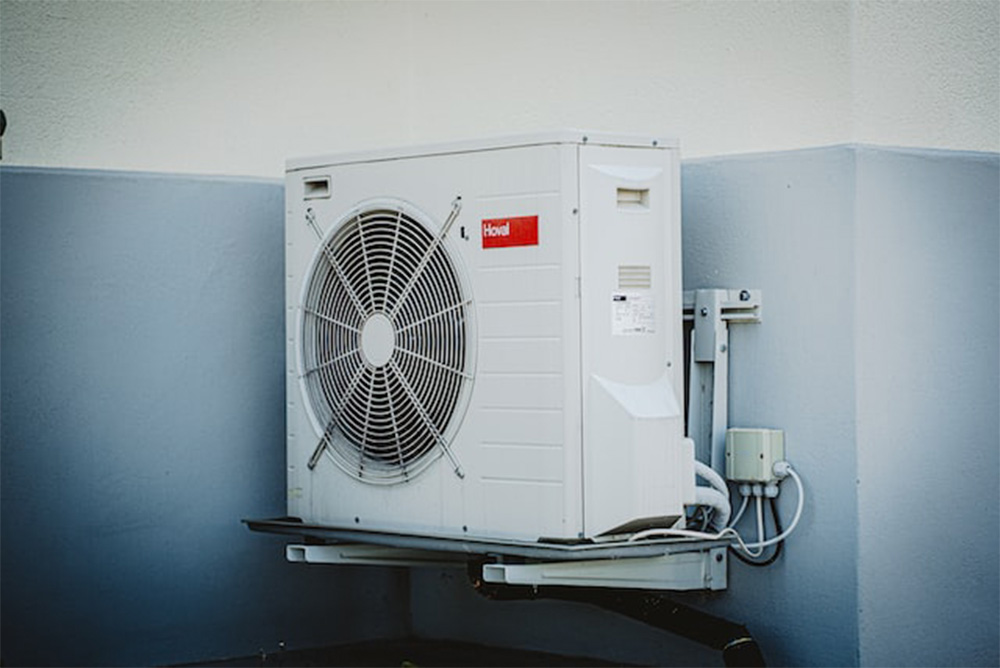
The type of AC you buy plays a role in the efficiency of your AC. As a rule, wall-mounted units are more efficient than window-mounted units because cool air drops; the higher position of a wall-mounted unit means better air circulation.
The Seasonal Energy Efficiency Ratio (SEER) value of your AC also matters. The minimum SEER value you should go for is 13. A SEER value of more than 13 equals greater efficiency and a longer lifespan.
Another factor is the size of the AC. If the unit is too large, you get short cycling conditions; this will impair the AC’s efficiency. If the unit is too small, it will work too hard to cool the room.
2. Placement of indoor and outdoor units
The placement of your AC is one of the best things you can do to improve it. For window units, it is important not to place them in a window that gets direct sunlight. Another thing to think of when placing window units is to position them in a place where it can get maximum airflow. Split units have fewer issues when it comes to placement due to their position at the top of the room. But the position of the outdoor unit does matter.
3. Poor airflow
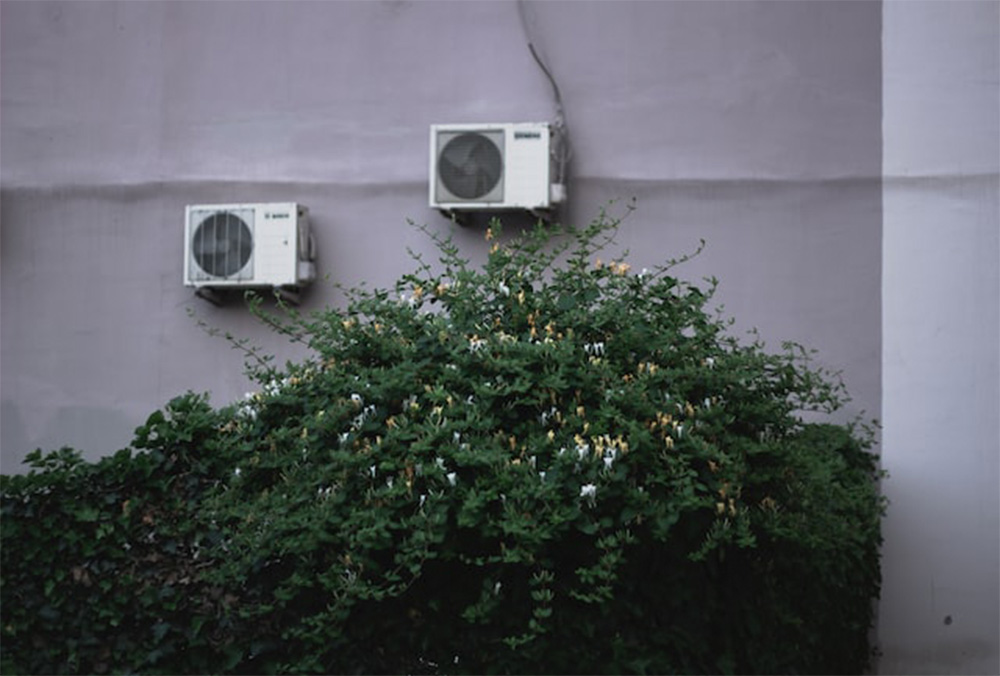
If your AC can’t breathe, it will use more energy since it will work harder to cool your home. Many things interfere with the airflow around an AC. The AC air vents may be blocked by furniture, artwork, or curtains.
Outdoor units may have plants growing too close to them (outdoor units need around three feet of space around them). If the air filter is clogged, you will also have problems with AC efficiency and higher energy bills.
4. No or inadequate maintenance
Regular maintenance of the air conditioning improves efficiency and saves money. Changing the air filter regularly and cleaning the AC to get rid of dirt on the coils and condenser are just two steps you need to take regularly.
Keeping debris away from the outdoor unit will also help the AC run better. An often-forgotten aspect of AC maintenance is duct cleaning. If you maintain the AC but neglect the ducts, you will not solve your energy-efficiency problems.
5. Use alternate cooling methods
There is no need to use the AC in the evening when it is cooler. In most homes, using a fan or the fan settings on the AC will provide enough airflow to keep the home comfortable. Also, when it is warmer, you can use a fan with your AC during the day. The fan circulates air inside the room to reduce the workload on the AC while also improving cooling and energy efficiency.
6. The wrong temperature set point 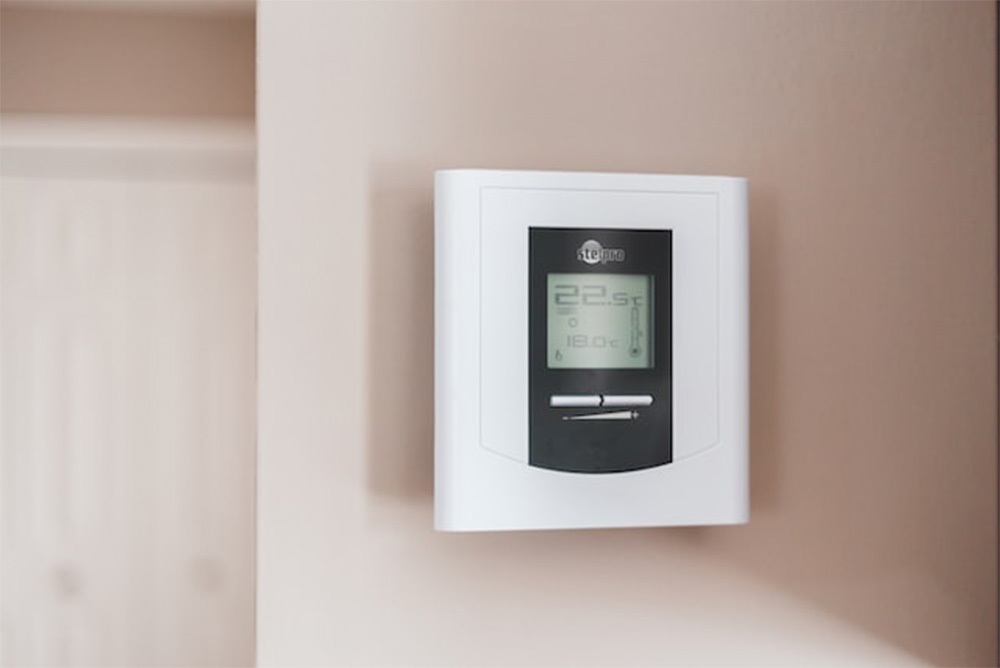
The right thermostat setting for the AC depends on the season of the year. How hard your AC works depends on the difference between the temperature setting you programmed into the thermostat and the temperature levels outside your home.
If you can, try to avoid maintaining a temperature below 76 F for long periods. Set the temperature lower when you are home and increase it by 1-2 degrees when you are away.
7. Know when not to use the AC
Using the AC while using a heat-generating device, oven, cooktop, or hairdryer is not a good idea. The heat generated by the device cancels any cooling achieved by the AC. If you use a heat-generating device, it is best to use a cooling fan or the fan settings on your AC. Also, do not use the AC if the outside temperature is 65F or less. This is because the refrigerant inside the AC needs to warm up, and it will be hard to do that when the outside temperature is too low.
